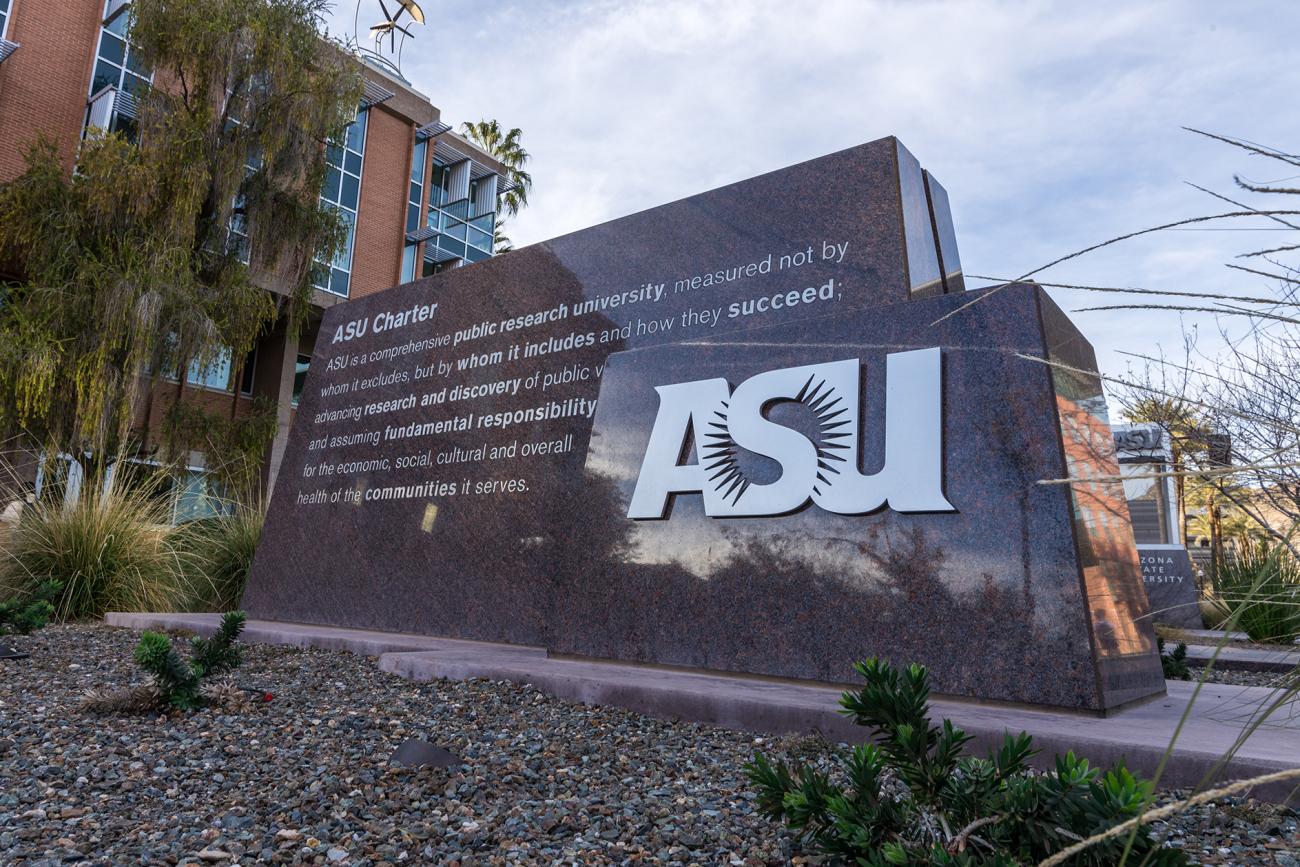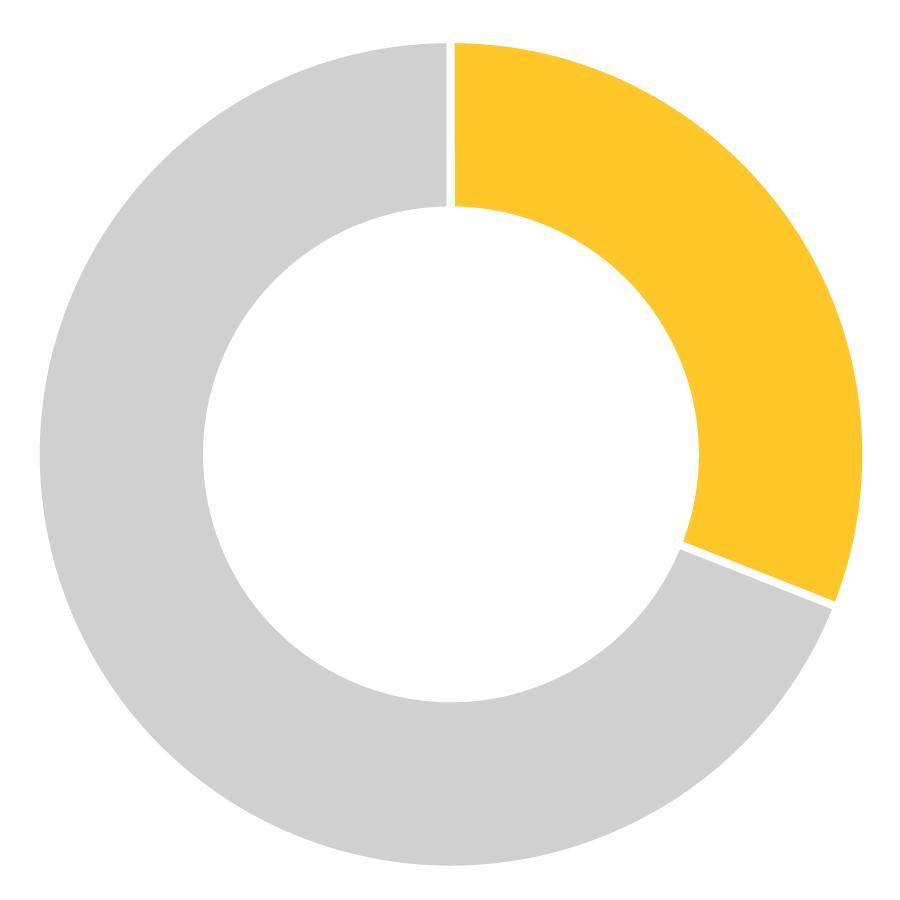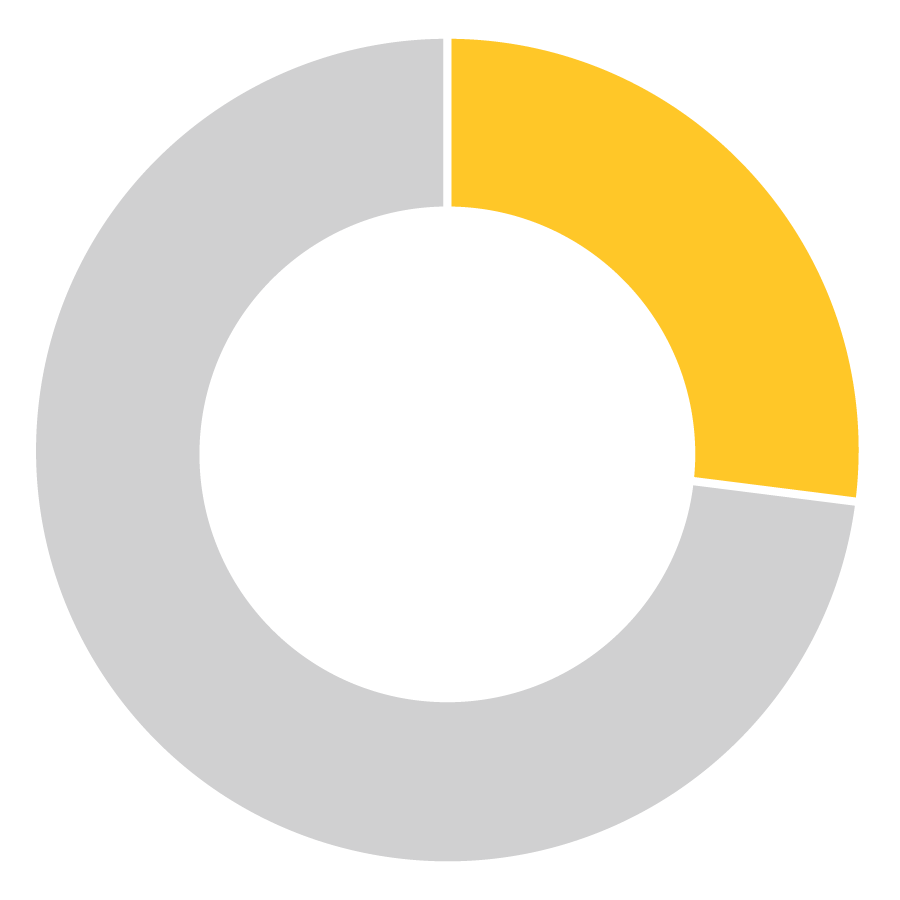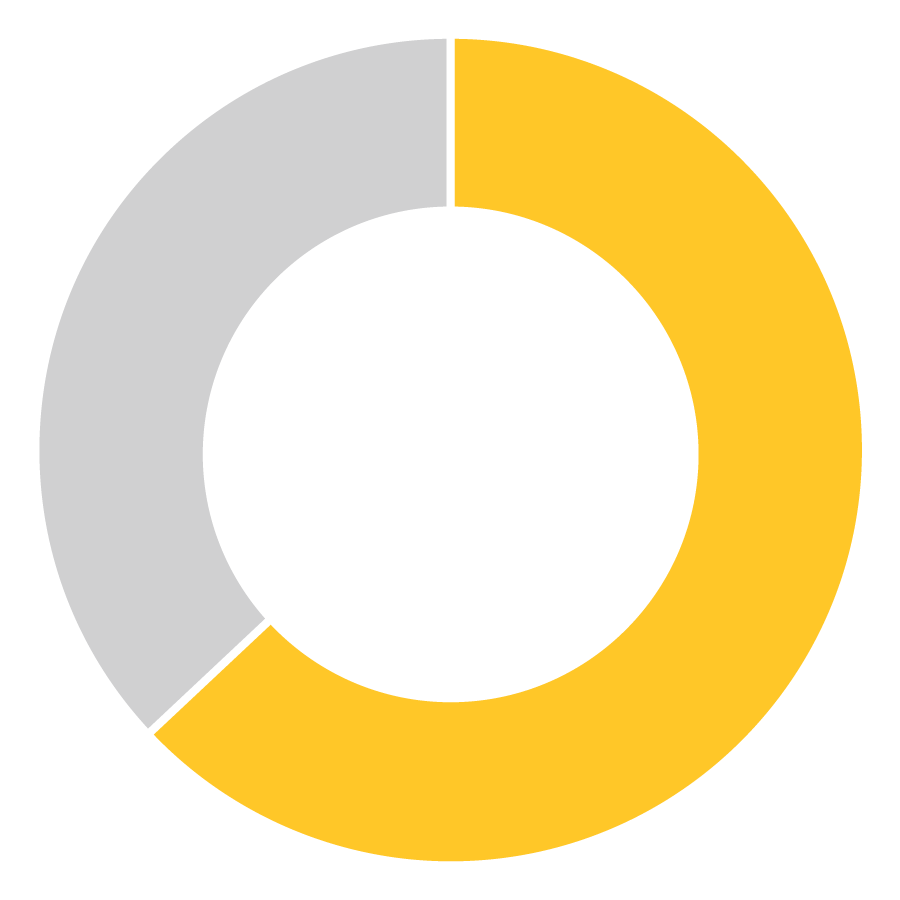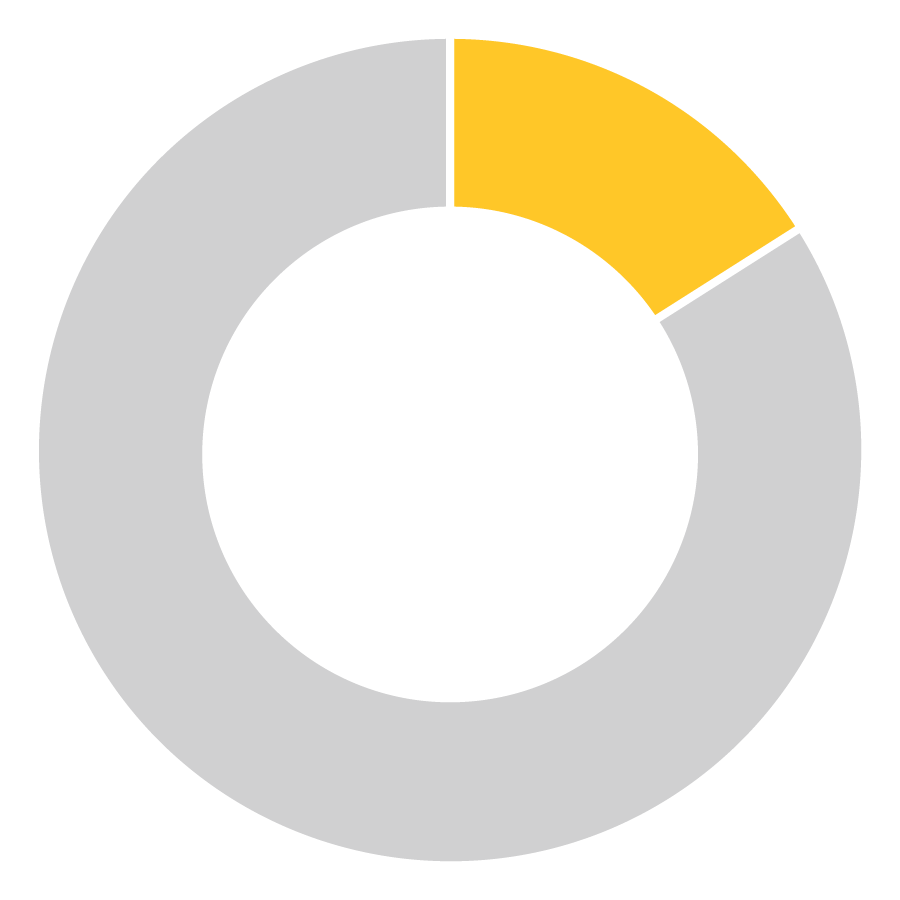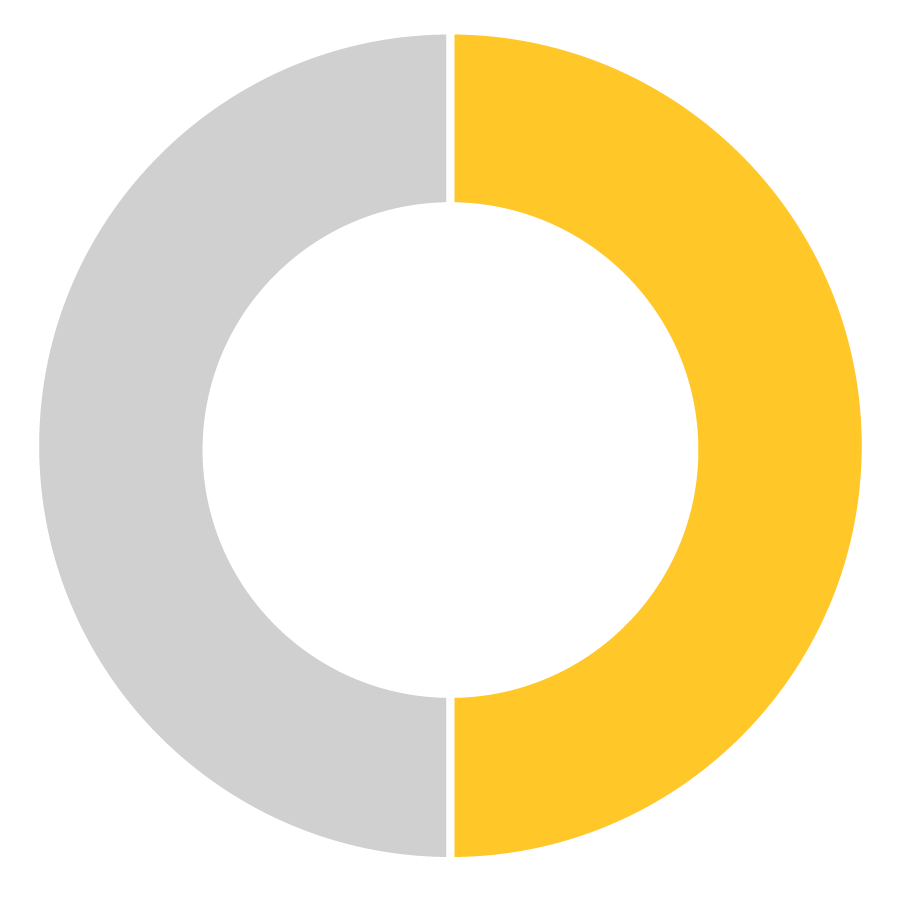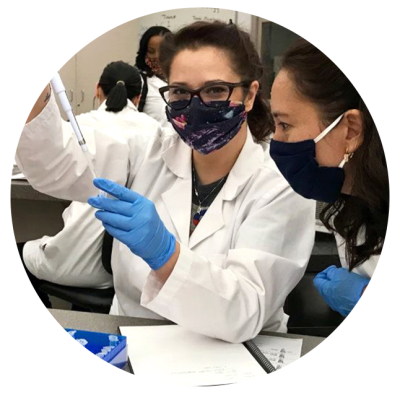The College of Liberal Arts and Sciences strives to follow ASU’s charter as “a comprehensive public research university, measured not by whom we exclude, but rather by whom we include and how they succeed.”
Take a look at where we’re at now and what we’re doing to fulfill this promise within The College community and beyond.
Who are we as a college?
As the academic core of the New American University, The College fosters educational excellence, intellectual inquiry, discovery and unmatched access through our unique collection of programs in the natural sciences, social sciences and humanities.
Our students, staff and faculty represent diverse cultures and backgrounds. Here are some of the demographics that make up our students and faculty in The College. (Statistics are pulled from fall 2022 data.)
31% of undergraduate and graduate students are historically underrepresented minorities.*
30% of immersion students; 32% of ASU Online students.
27% of undergraduate students are first generation.
26% of immersion students; 29% of ASU Online students.
63% of undergraduate and graduate students identify as female.
64% of undergraduate students; 59% of graduate students. Available data does not yet include non-binary student information.
16% of faculty are historically underrepresented minorities.*
63% of those faculty identify as female.
50% of faculty are tenured or on tenure track.**
44% are tenured; 12% are on tenure track.
*Historically underrepresented minorities include American Indian/Alaska Native, Black or African American, Hispanic/Latino and Native Hawaiian/Pacific Islander.
**Statistics are pulled from fall 2021 data.
What do we aspire to be?
We’re building a community of belonging where every voice matters, and where new perspectives and histories are shared.
Committees and councils at the Dean's Office and academic unit levels are leading strategic Charter initiatives. In turn, we hope to empower our students as a new generation of leaders that will help societies become more socially just.
How do we serve our community?
As outlined in the university’s Charter, ASU assumes “fundamental responsibility for the economic, social, cultural and overall health of the communities it serves.” The College is an integral part of that purpose.
Members of The College community are leading several initiatives and programs that drive local, national and global solutions to real-world problems.
Awards and funding
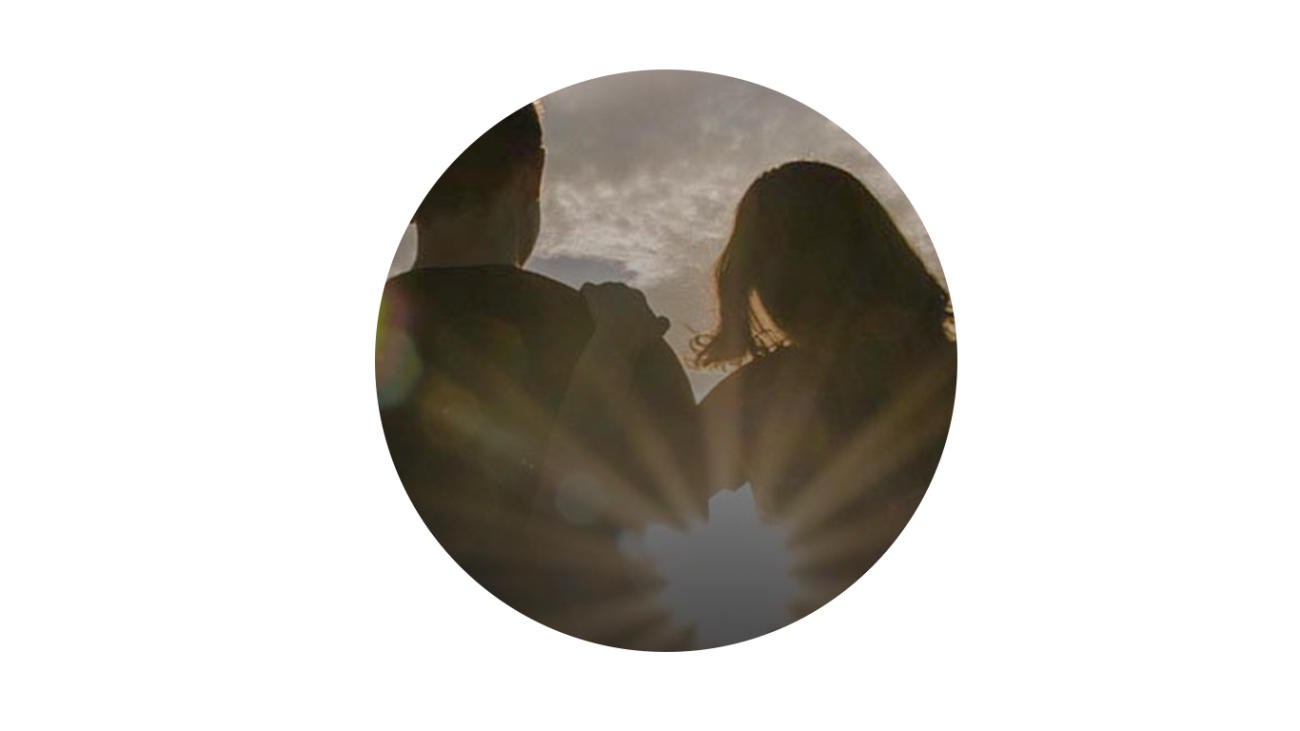
First-generation college students enrolled in undergraduate degree programs at The College may apply for over $10,000 in scholarships. Applications are available each fall and scholarships are awarded and distributed for the fall and spring semesters.
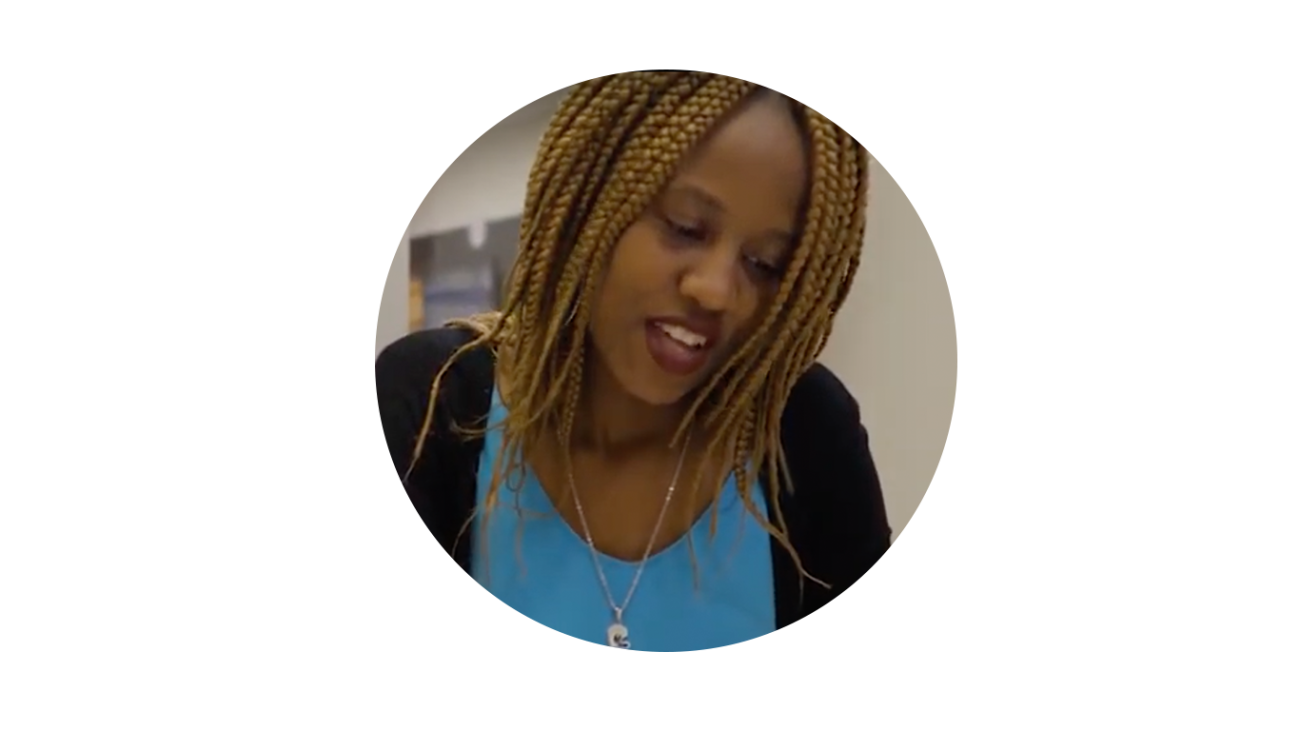
The Jenessa Shapiro Undergraduate Research Scholarship supports annually one to two ENERGIZE students with documented financial need and demonstrated potential in psychology research, with funding of up to $5000.
Campus and community conversations
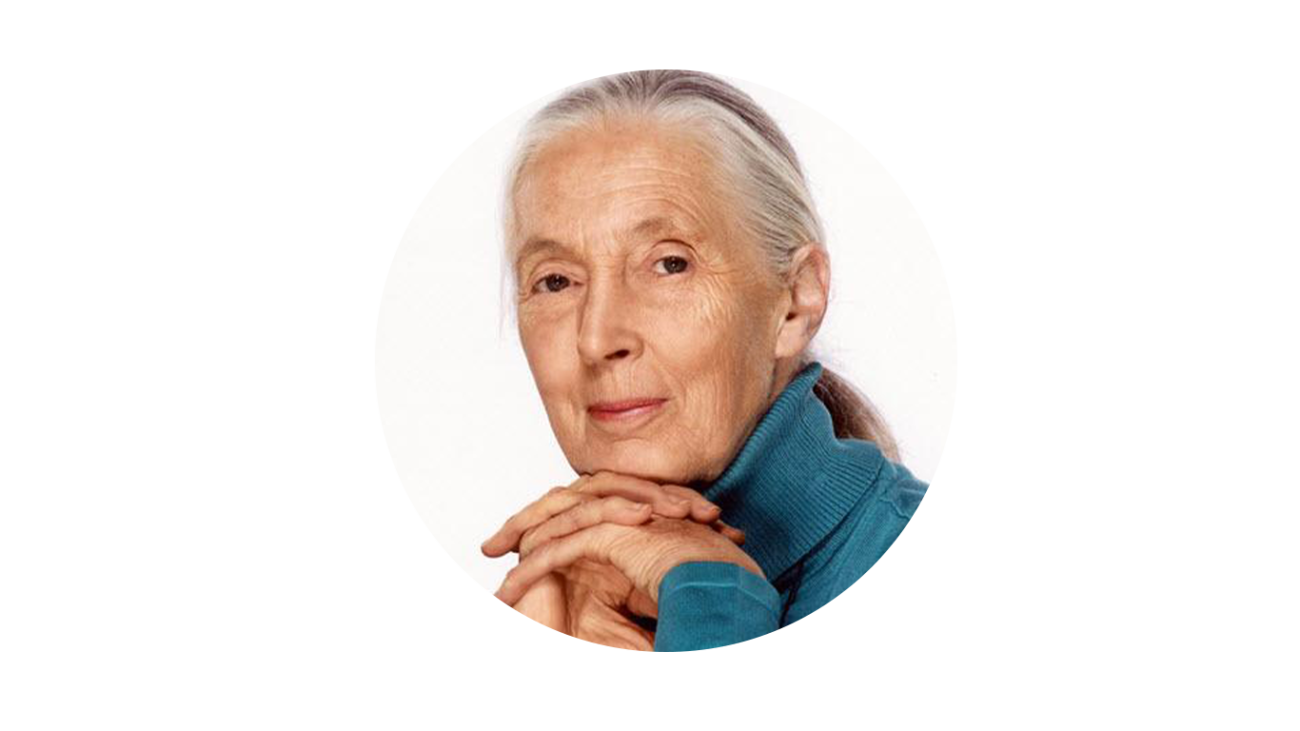
TomorrowTalks hosted by the Department of English places thought leaders of today in conversation with the changemakers of tomorrow: our students. Each distinguished speaker will explain how they use writing to address our most pressing challenges.
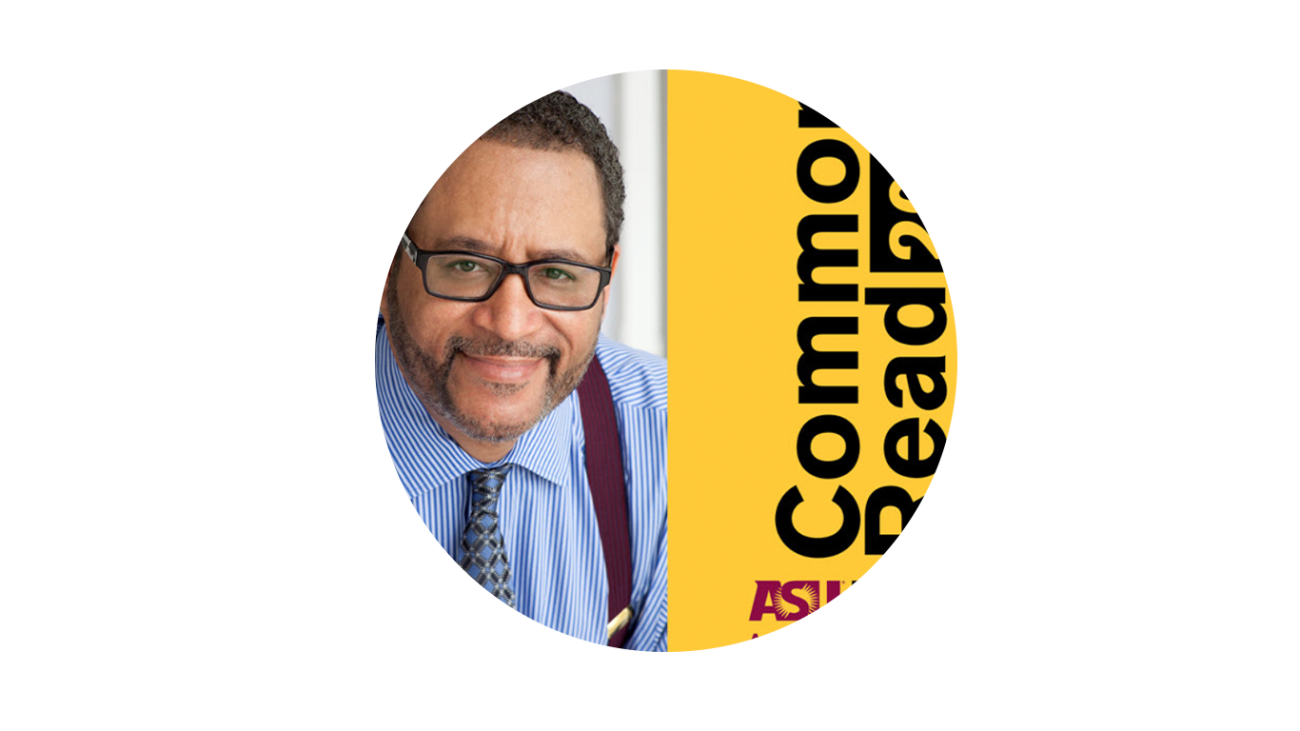
The goal of this program by the Department of English is to encourage first-year students to write about pressing social problems that are relevant to ASU’s mission as a public enterprise. By learning to write about such problems as a community, we increase the probability of finding a solution to them.
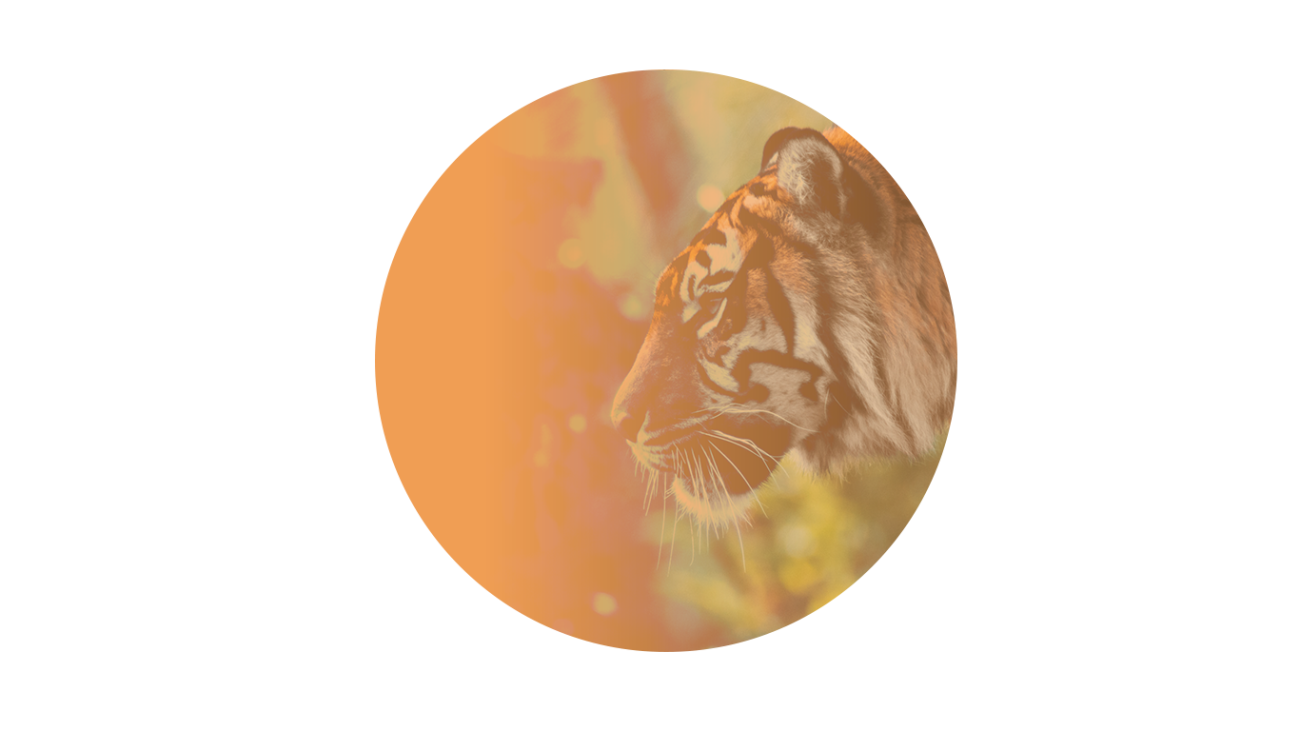
This series hosted by the Institute for Humanities Research amplifies the voices of scholars whose work engages topics such as the history of community-centered organization, the process of intergenerational knowledge-sharing and relationships with the land, transformative justice and the complexities of identity formation in America.
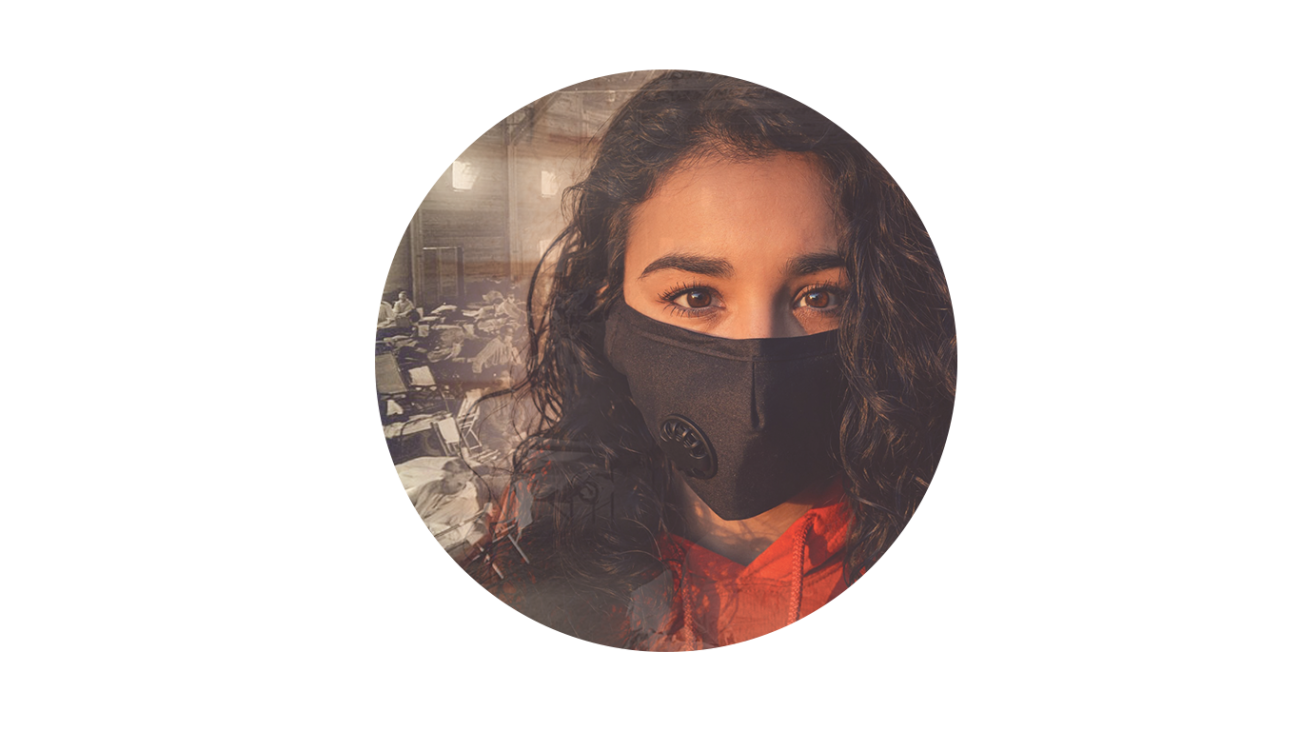
This lecture series hosted by the Health Humanities Initiative addresses how histories of bias, racism and colonialism are intimately bound up in the history of epidemics.
Centers and institutes
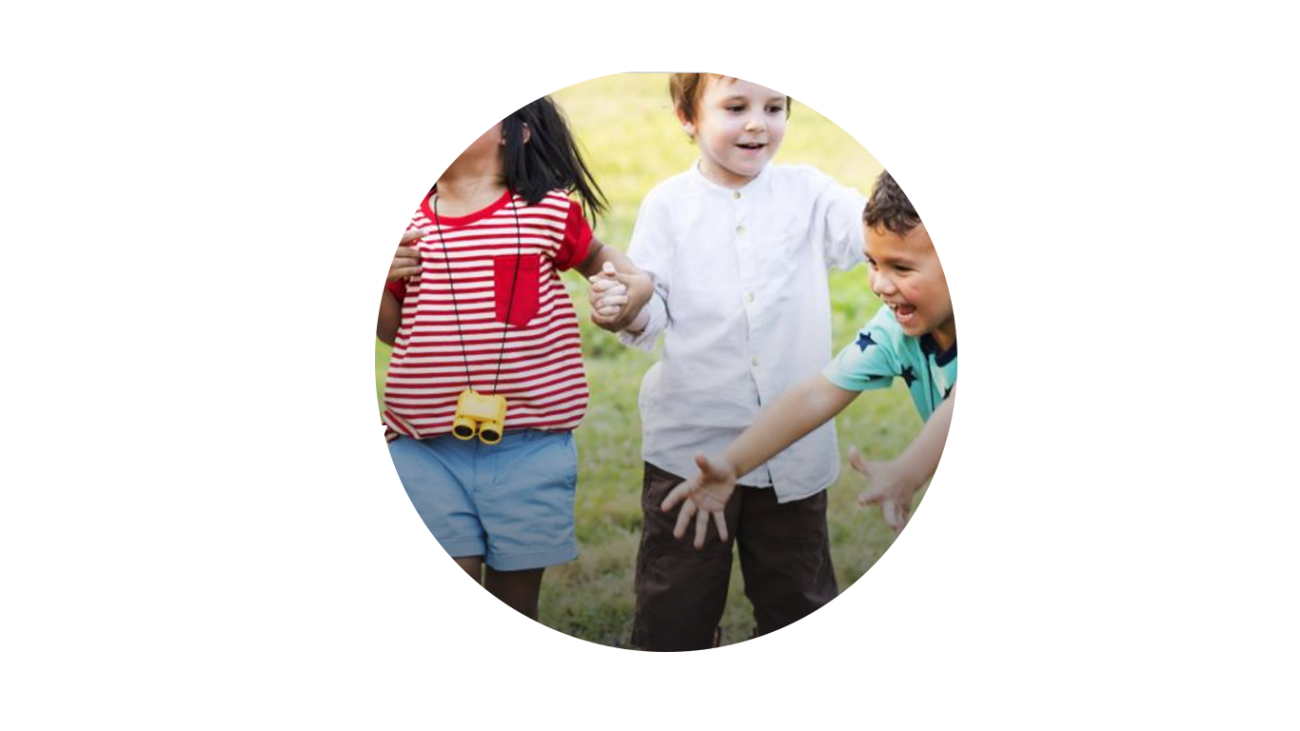
This center is focused on producing pioneering research on the structures and processes that impact daily life for children and families in a rapidly evolving world. It seeks to forge alliances among scholars across the social, behavioral, and health sciences and to join them with community partners and policy makers.
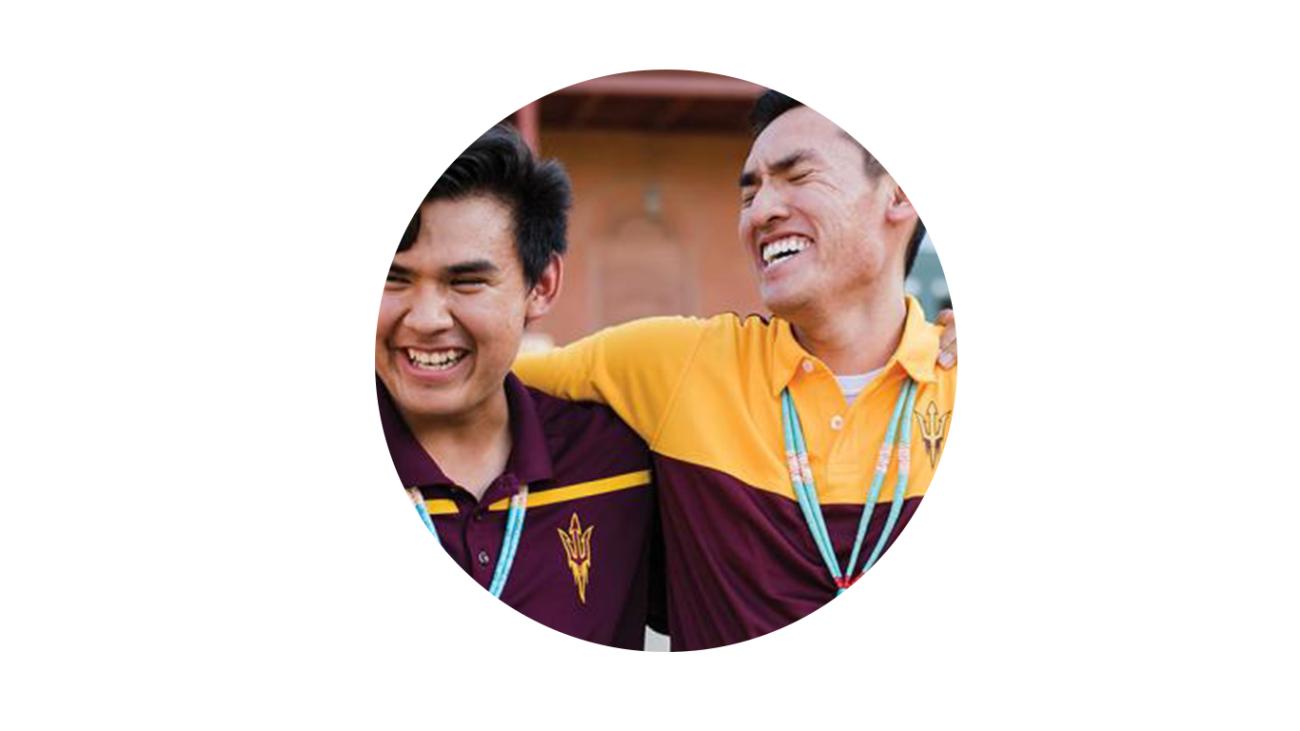
Turning Points: A Guide to Native Student Success is a tangible guide for Arizona State University’s Indigenous college students that helps to ensure their success in higher education.
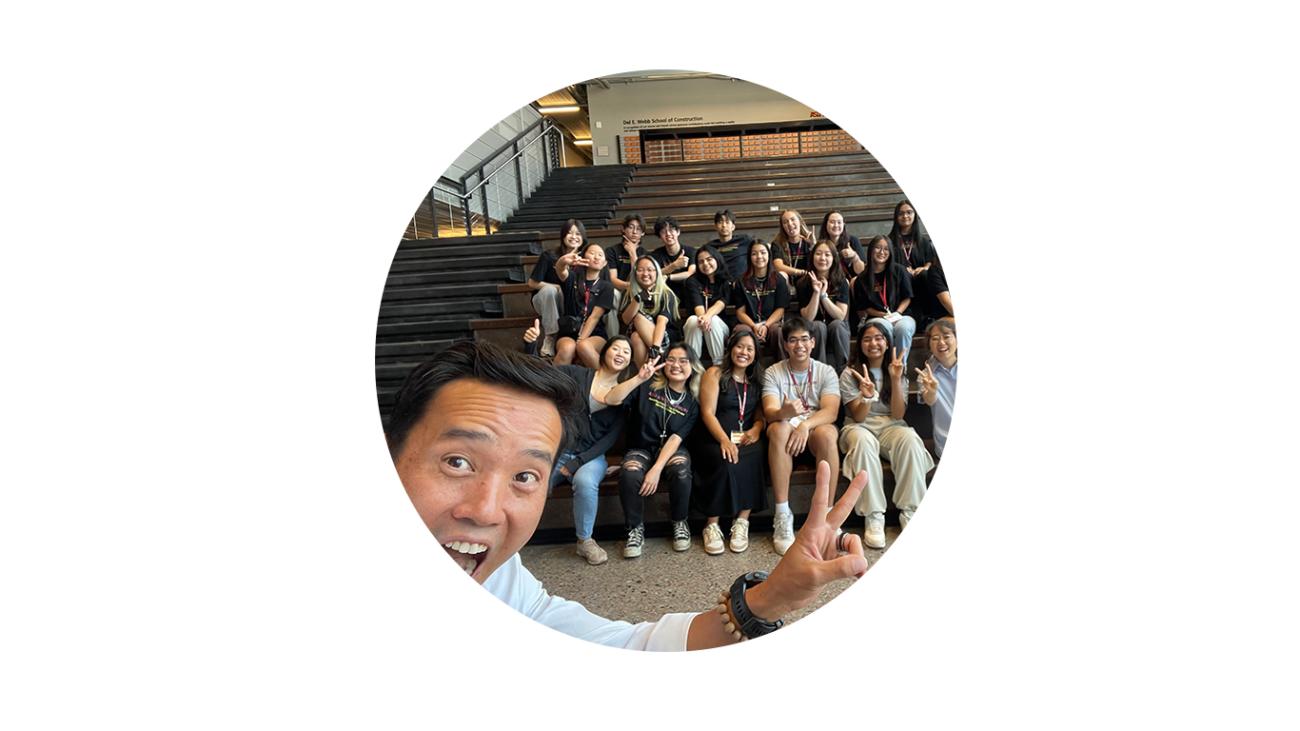
APACE (Asian Pacific Advocacy, Culture and Education) Academy is a 5-day summer program at ASU with a focus on Asian Pacific American history, culture, contemporary topics, cultural competency, public-speaking, and civic engagement. APACE Academy students engage in activities which help them find connections between their cultural identity, history, and their own professional development.
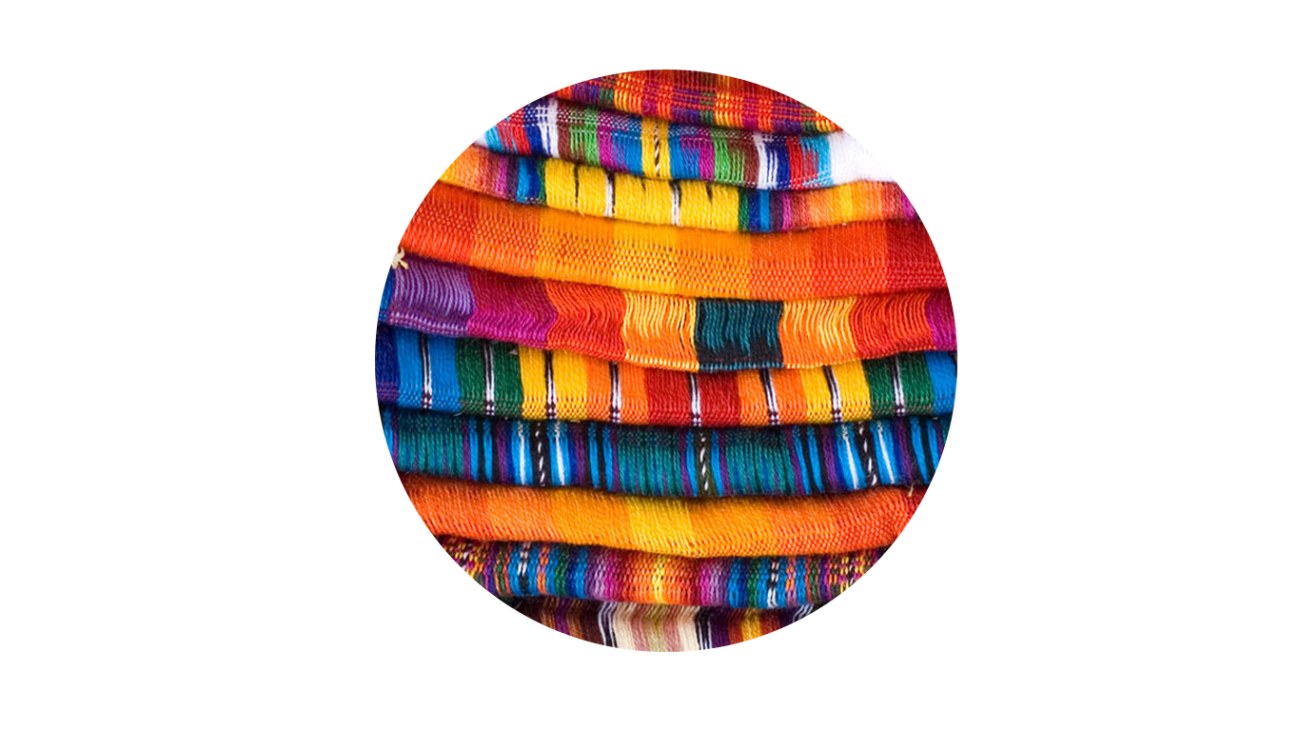
The mission of CLAPR is to foster and support thoughtful, objective, and innovative research on the political and policy circumstances of the nation’s Latina/o-Hispanic population, thereby creating a fuller, deeper understanding of politics and governance in the United States.
K-12 outreach
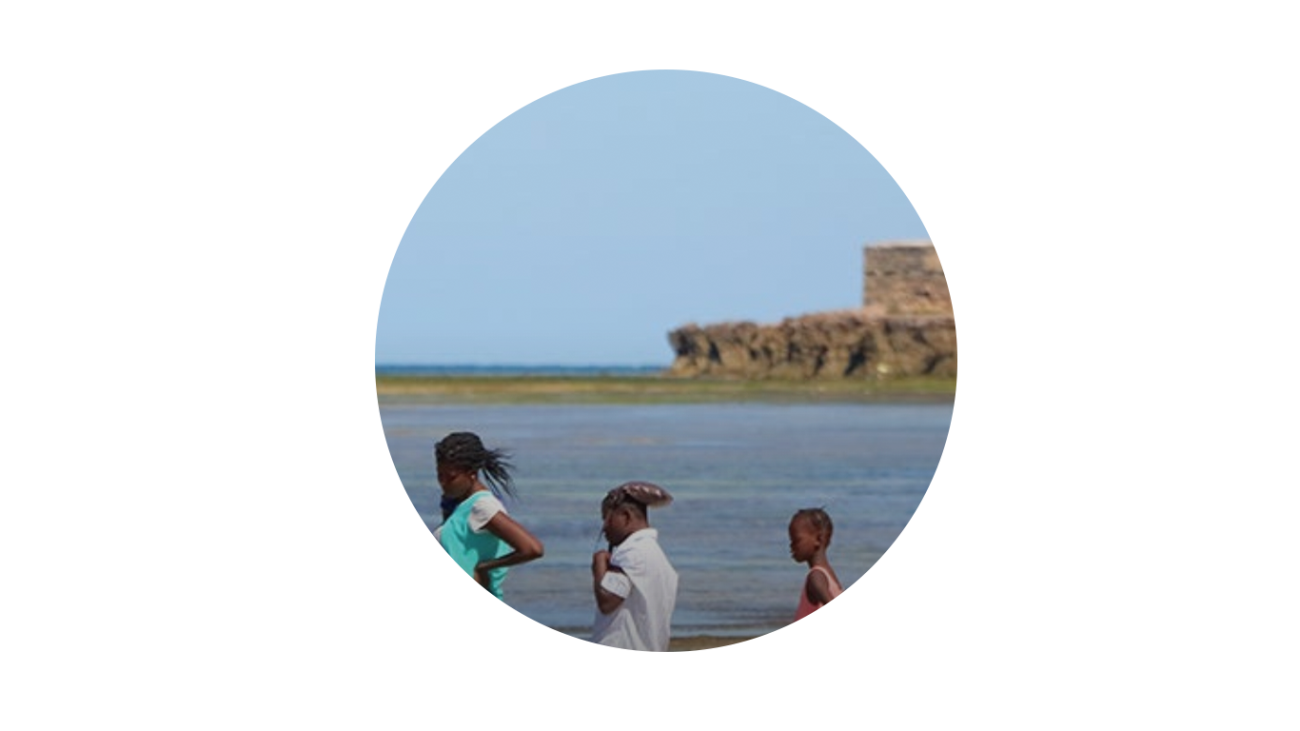
This lab within the Sanford School of Social and Family Dynamics conducts high-quality research studies that provide insight into social and cultural factors that shape children's and adolescents' social, school and psychological adjustment in diverse populations.

This storytelling and advocacy project funded by the Institute for Humanities Research and the Global Sport Institute seeks to disrupt anti-transgender legislation and policies by collecting and sharing primary accounts from transgender and non-binary students.
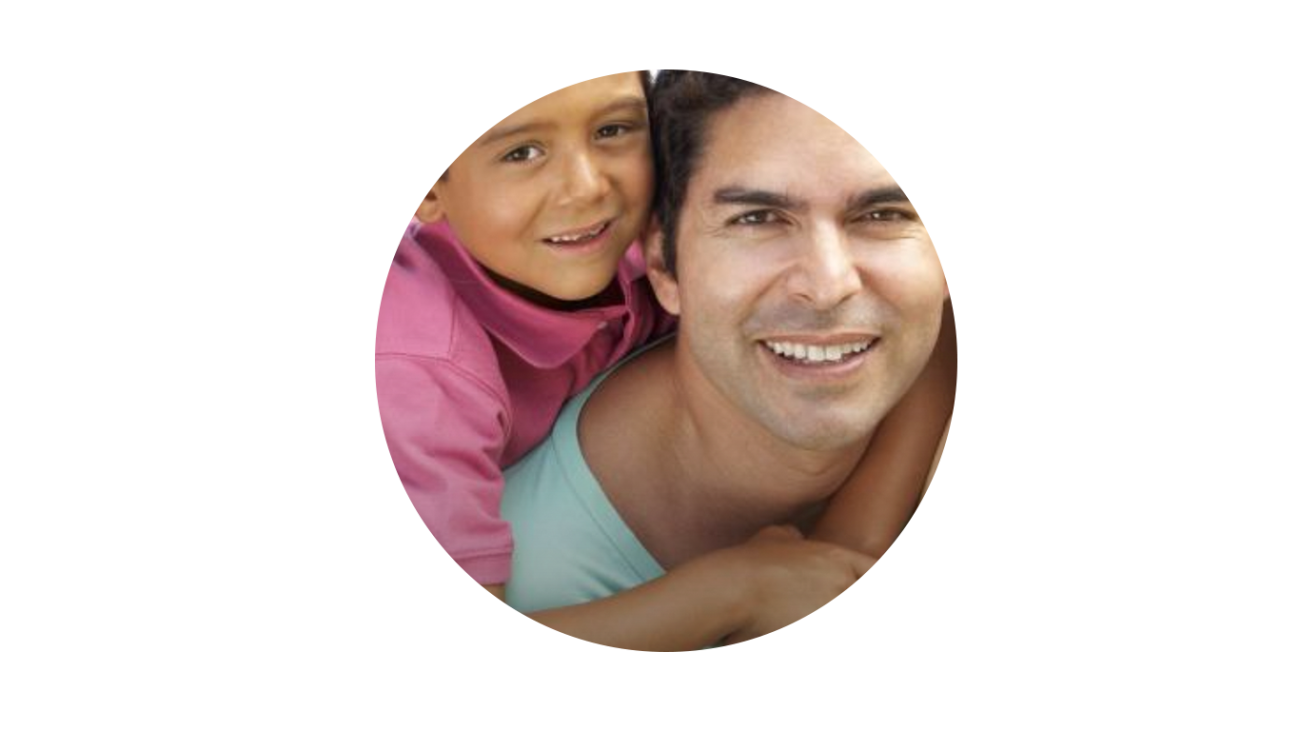
This series of initiatives within the Sanford School of Social and Family Dynamics is focused on using basic research to identify factors and develop programs that promote positive outcomes among Latino youth and their families.
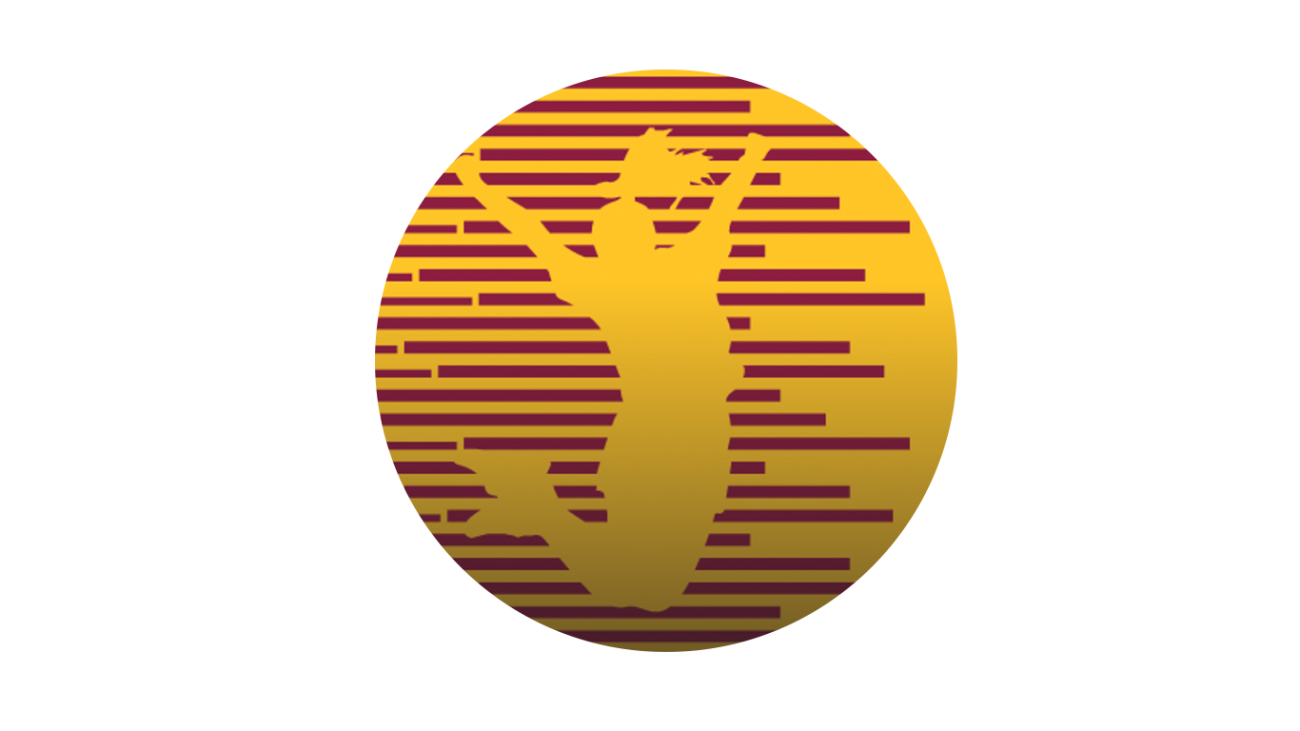
The College’s Early Start program is a free program for students that allows them to join the campus community nine days before the start of the fall semester to prepare them for success in an immersive, integrated experience.
Socially embedded programming
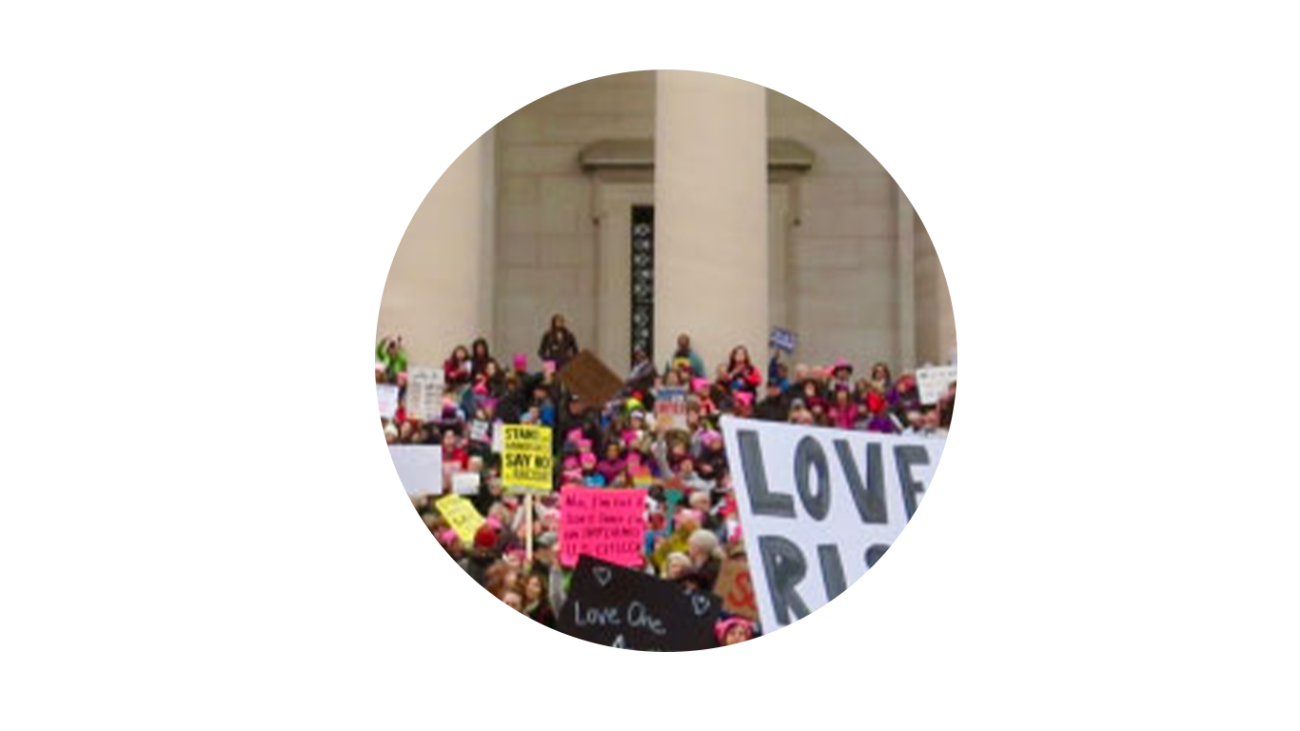
The Network is a joint initiative of ASU, the PLuS Alliance, and the University of New South Wales and unites domestic and international research expertise to respond to, prevent and end gendered violence in the United States and beyond.
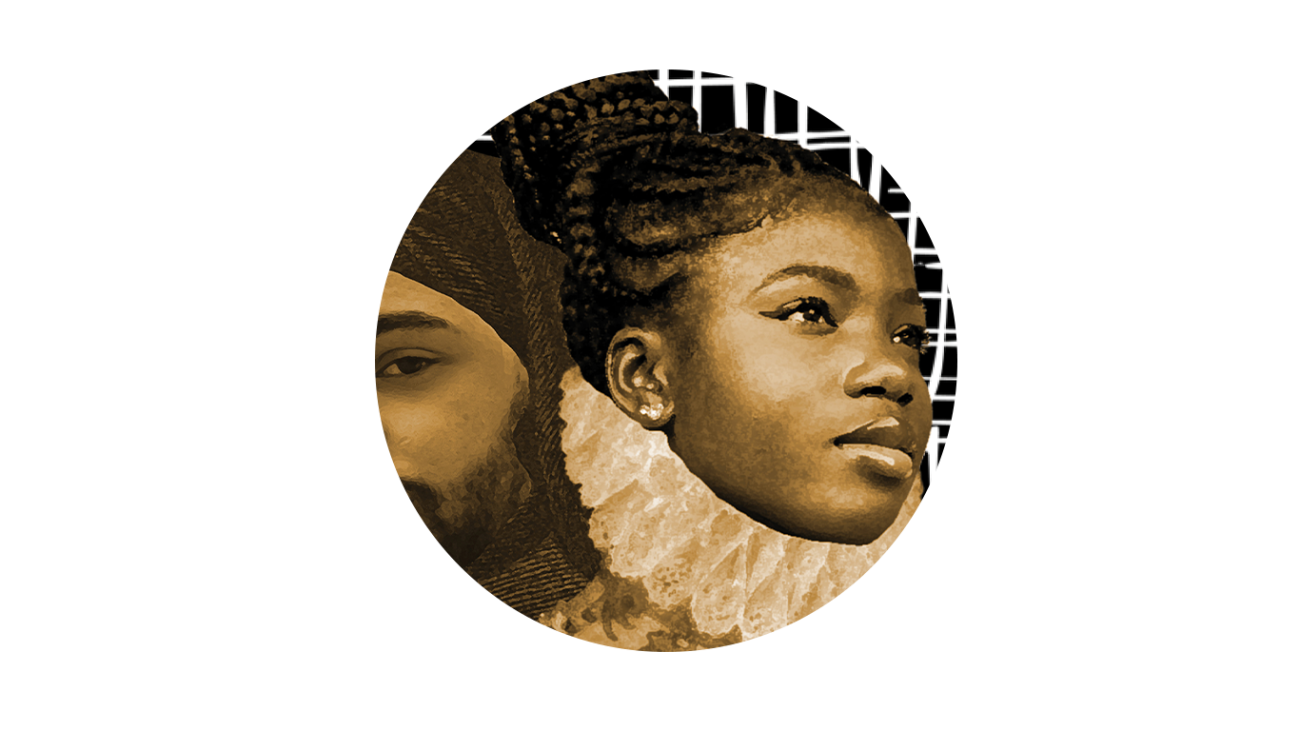
RaceB4Race is an ongoing conference series and professional network community by and for scholars of color working on issues of race in premodern literature, history and culture. RaceB4Race centers the expertise, perspectives and sociopolitical interests of BIPOC scholars, whose work seeks to expand critical race theory.
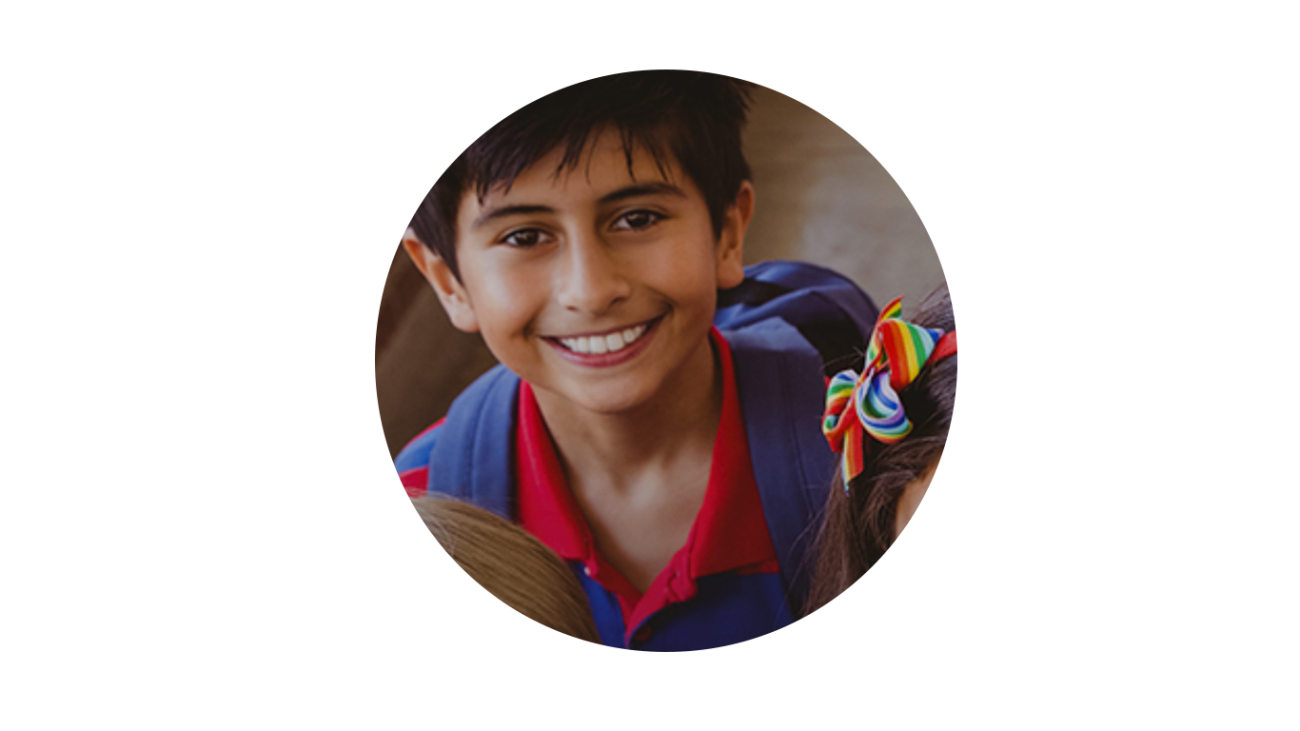
The Children’s Equity Project at the Sanford School of Social and Family Dynamics works at the intersection of research, practice and policy and focuses on closing opportunity gaps and dismantling systemic racism in learning settings to ensure that children reach their full potential.
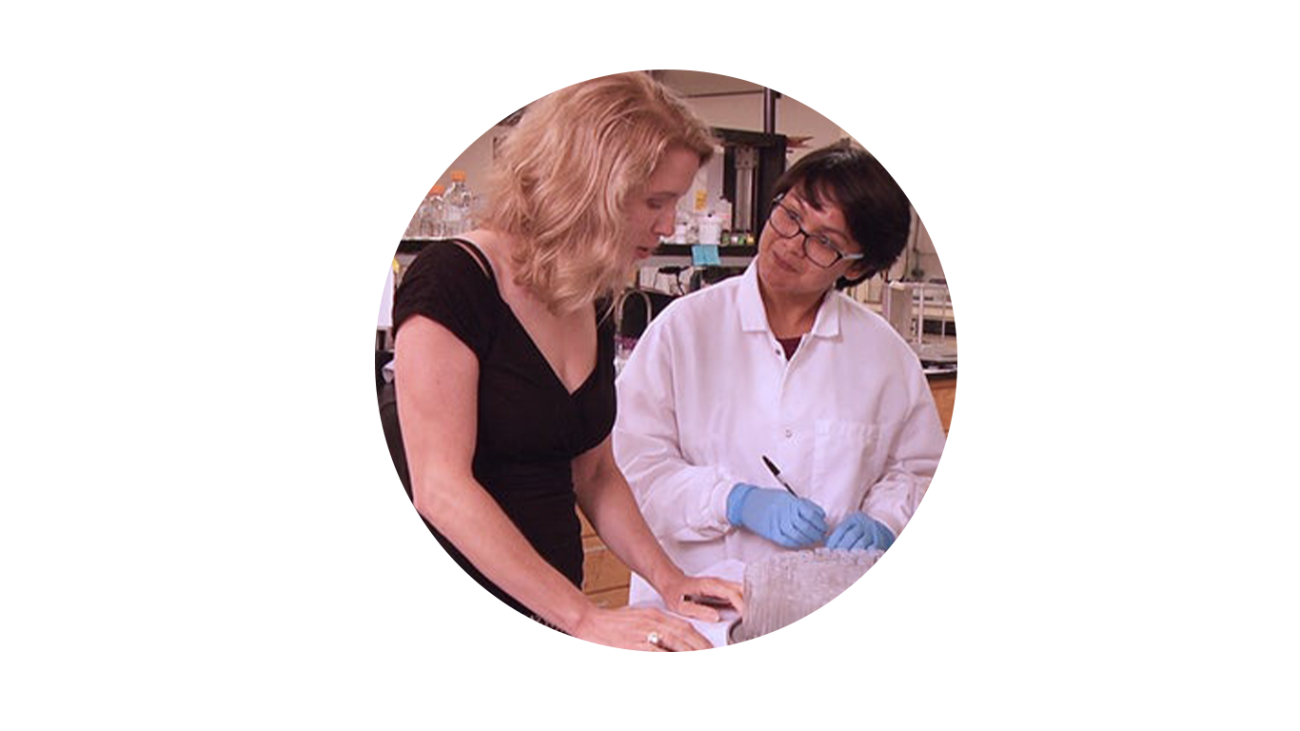
This program, led by the School of Molecular Sciences, is part of the larger Inclusive Graduate Education Network, a collaboration of more than 30 professional societies and institutions, leading a paradigm shift in increasing the participation of Black, Latino and Indigenous students in graduate programs in physical sciences.
Training and mentorship
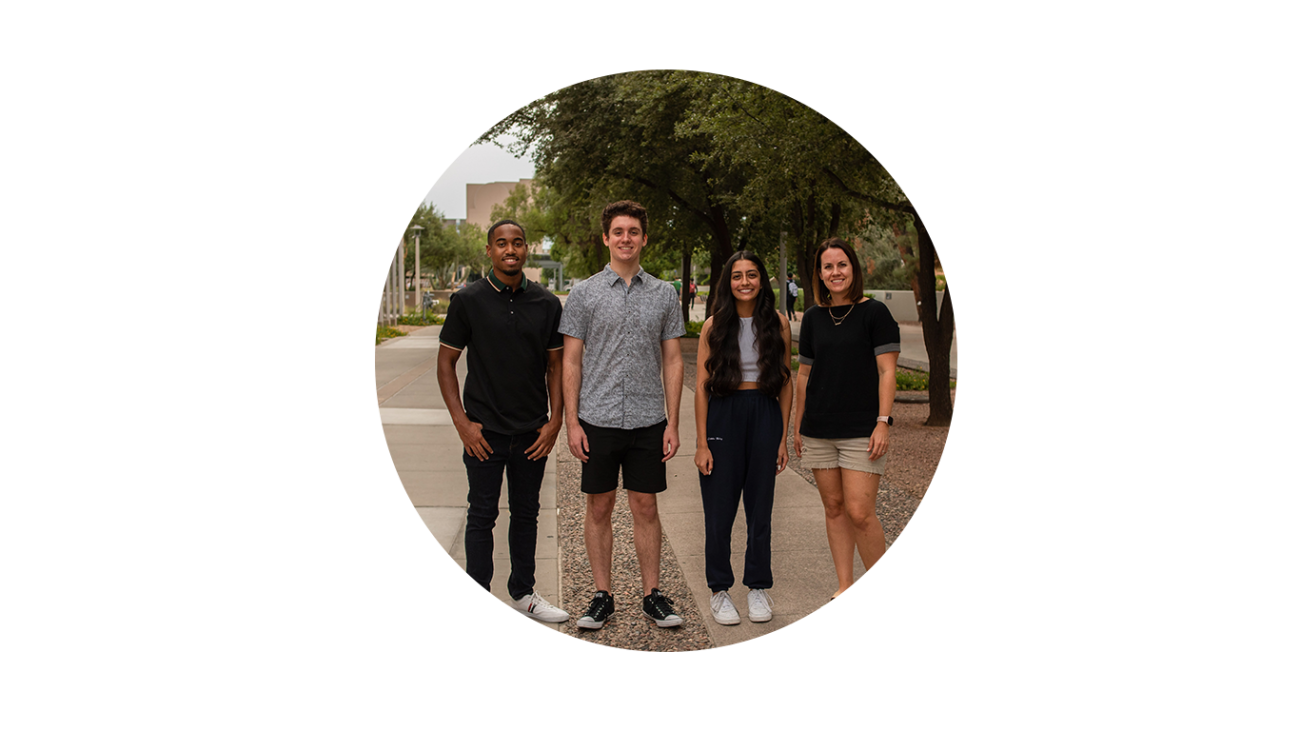
This resource page on the Department of Psychology's website is designed to provide easy-to-access resources to maximize student wellness and connections to opportunities within and outside the department.
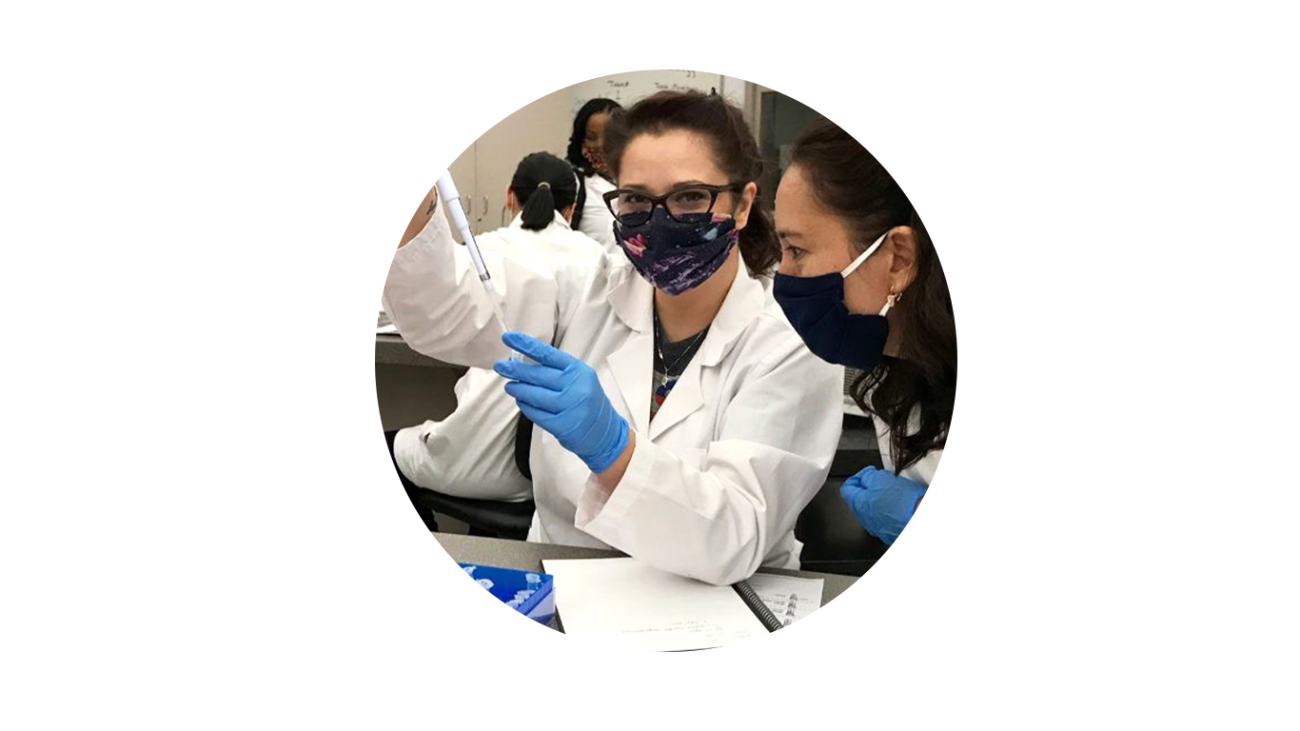
The Online Undergraduate Research Scholars (OURS) program reinforces The College’s commitment to excellence and inclusion by creating research opportunities, organizing community-building events and providing scholarships to ASU Online students.
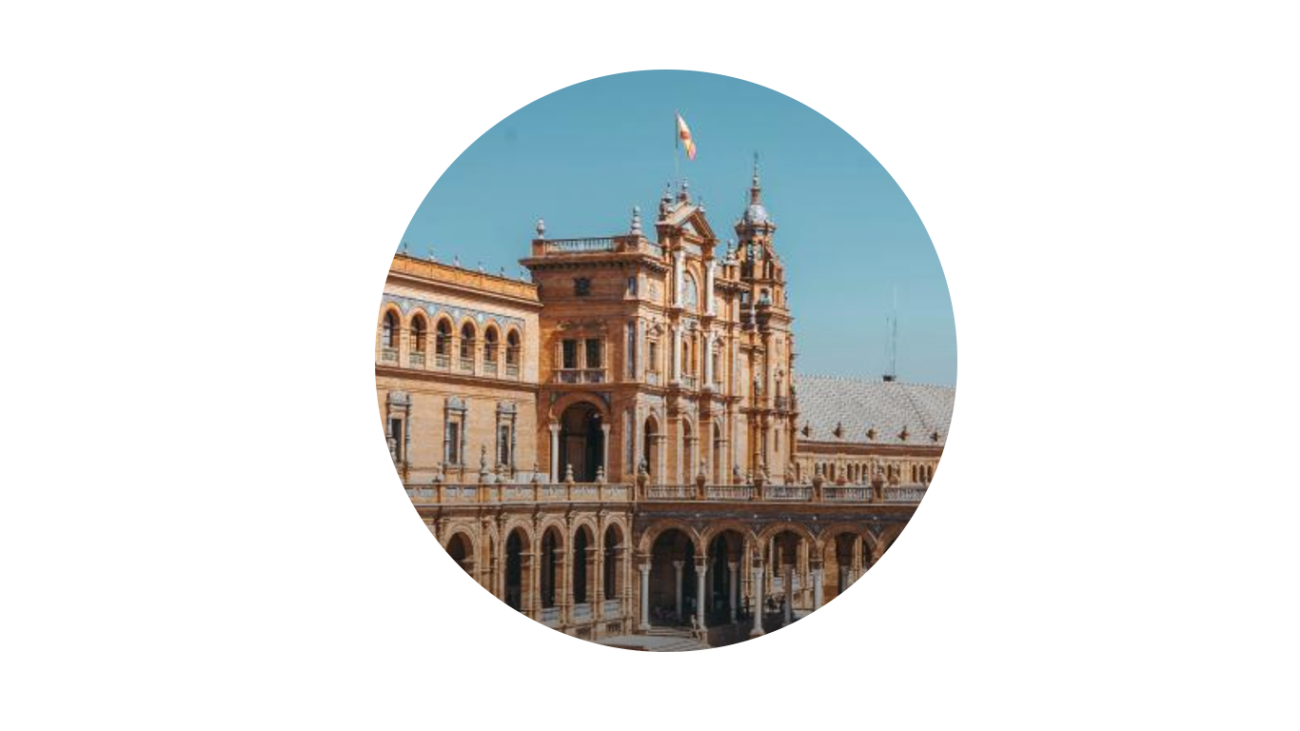
The School of International Letters and Cultures Spanish Heritage track was created to help bilingual students expand their Spanish skills and knowledge of their cultural heritage in a rich, confidence-building environment.
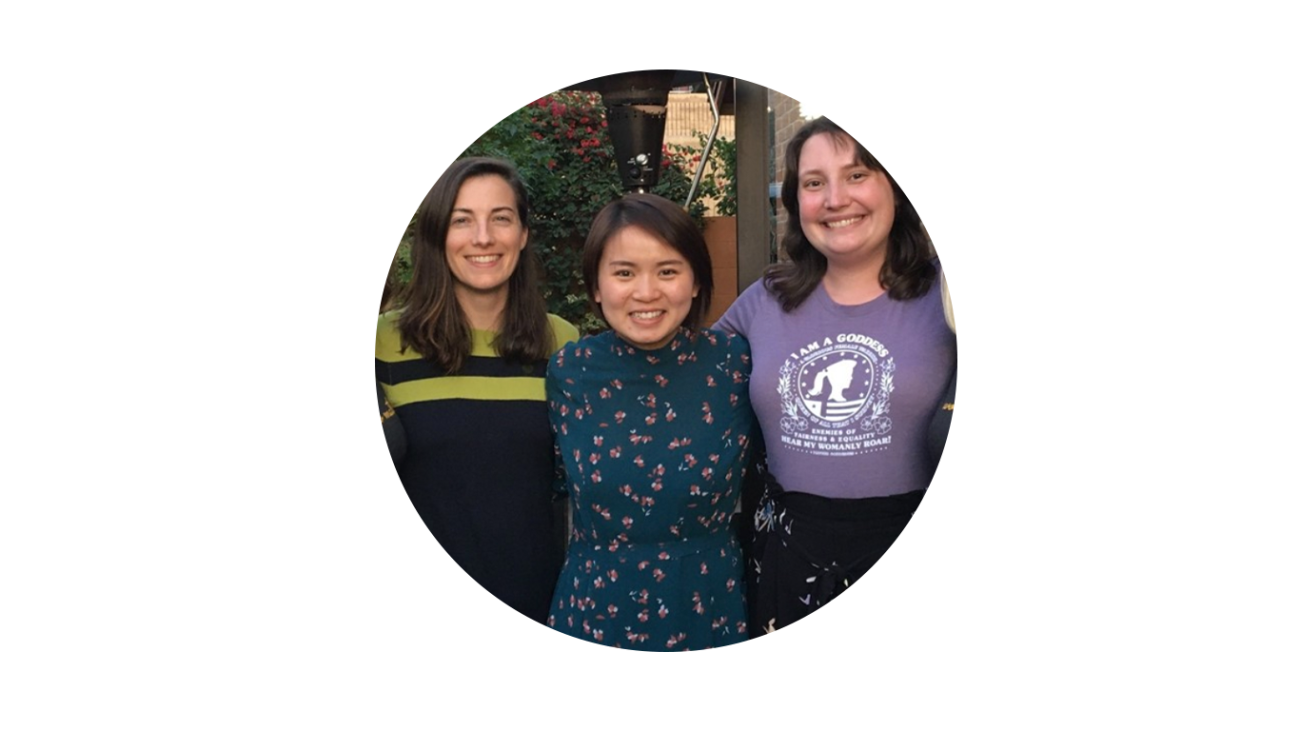
This student-run organization dedicated to closing the gender gap in mathematics. Undergraduate students, graduate students, post-docs and professors come together to create and foster a strong community around girls and young women interested in mathematics. Membership is open to any student, regardless of gender identity or expression, race, color, religion, age, national origin, sexual orientation or disability.
